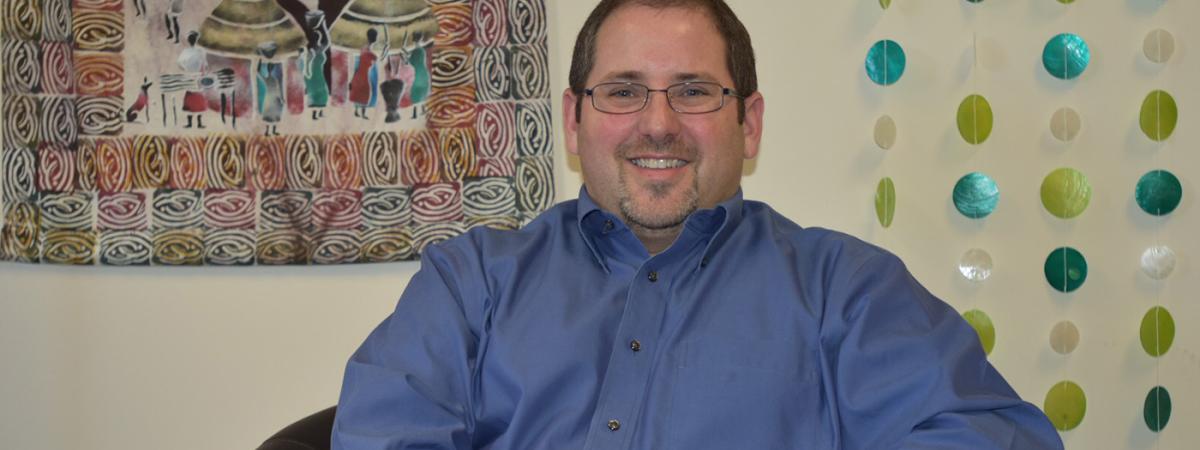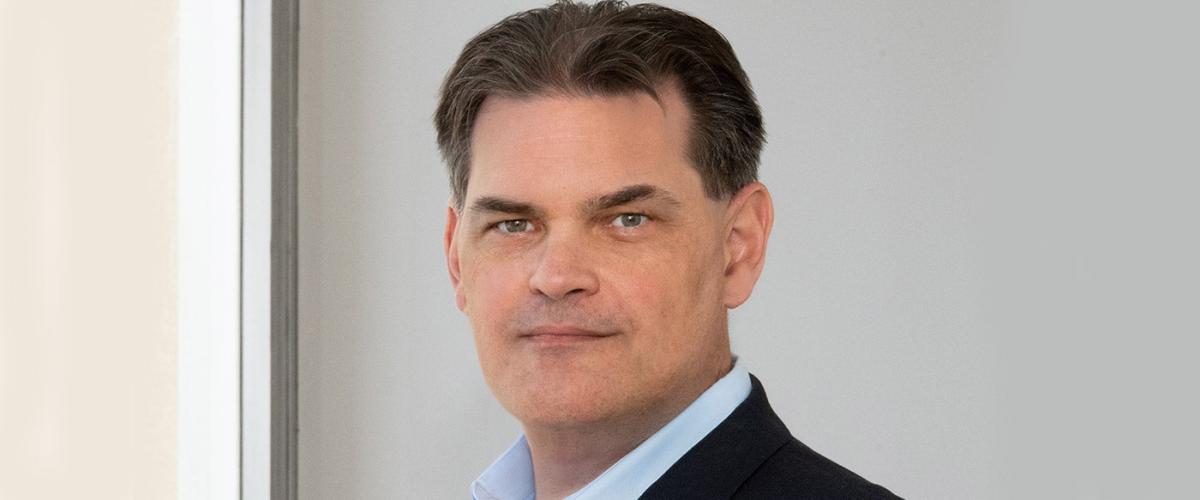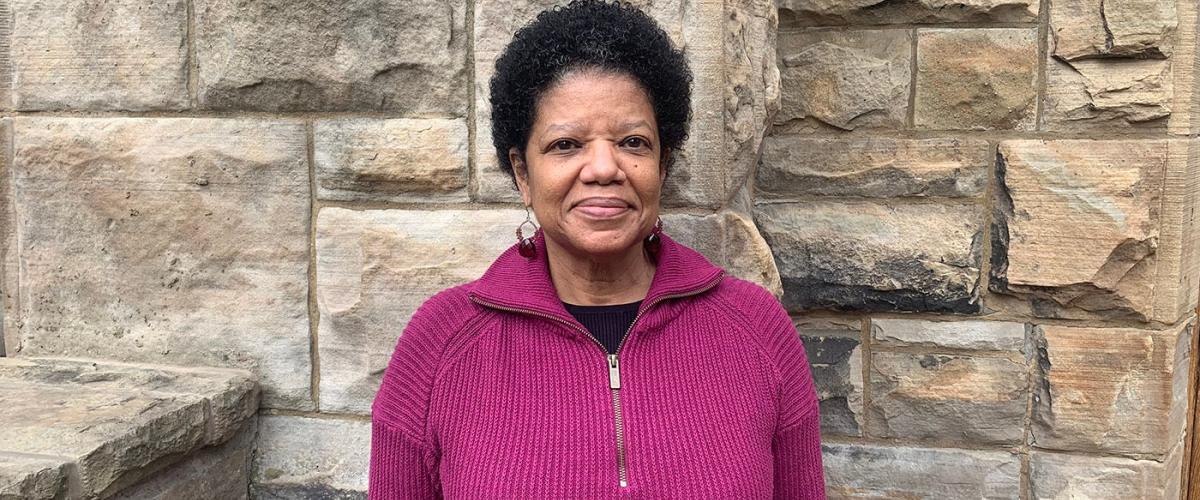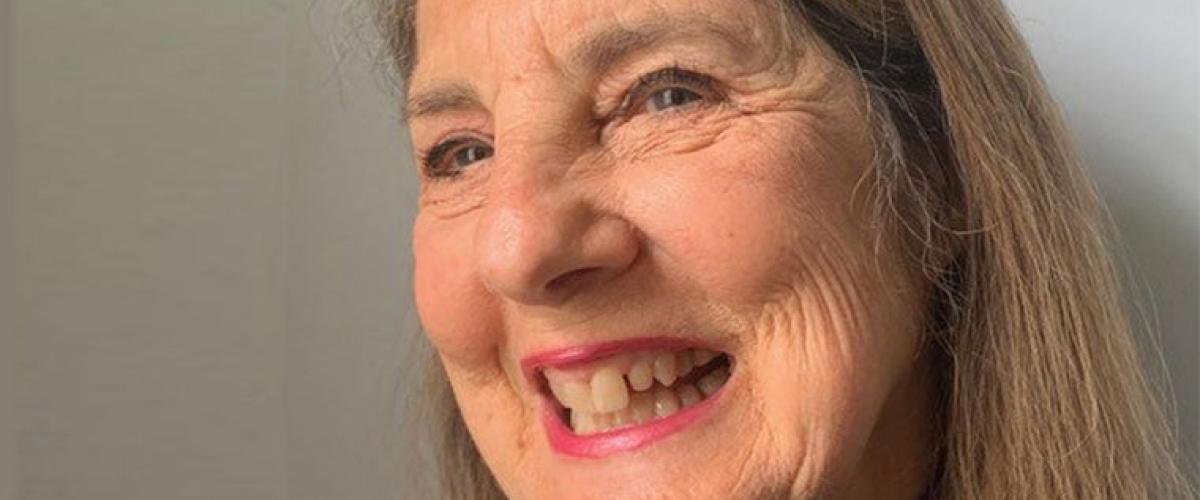Throughout May, organizations and individuals across the country have celebrated Mental Health Awareness Month to raise awareness for and reduce the stigma of mental illnesses. Though the month is coming to a close, mental-health awareness initiatives and services are ongoing at Case Western Reserve University.
And with a new director of counseling at the University Health and Counseling Services, more is on the way.
“Many people are struggling with mental-health issues. Not everybody is exhibiting it or sharing about it,” said Richard Pazol, who became director in April after serving as interim director since October.
In accepting the position, Pazol, a clinical psychologist, has had to scale back his clinical work to focus more on the administrative demands of Counseling Services. That means less time with students, whom he said he admires for their ability to discuss their problems and ask for help—something he said he wouldn’t have necessarily felt comfortable doing as a student.
“I’m learning so much from them every single day, and I have to say, I’m in awe of the vast majority of them who are super bright, but still struggling with different things,” he said.
While his role at Case Western Reserve may be an ideal fit for Pazol, his career path was uncertain after graduating from the University of Michigan. He recalled being unsure about what to do with a psychology degree.
There wasn’t an immediate “click,” or a moment when he knew he’d work in counseling, he said. But over time, as a mental-health worker in Chicago, he realized he wanted to help people—specifically with mental illnesses—but still wasn’t quite sure where that would lead him.
Instead, that moment came in 2001, when he started working at Case Western Reserve as a staff therapist.
“Once I got here to Case [Western Reserve University] and here to the Counseling Services, that’s when I knew this is where I want to be,” Pazol said.
Pazol has since served in various roles, including assistant director, associate director and interim director. Since becoming director, he’s been working with his team to develop plans to further improve mental-health services for students.
“There are a lot of resources available for mental and physical health, as well as other support services,” he said. “We do try to communicate that during orientation and during outreach events, but I think [students] get inundated with so much information that sometimes it doesn’t penetrate until they feel like they need it.”
Recently, he and the staff at University Health and Counseling Services have eliminated wait times for students to access counseling. Any student who walks into the Sears Building office (Suite 220) weekdays from 8:30 a.m. to 4:30 p.m. will be seen that day. Students who need help after hours can talk with a counselor by calling 216.368.5872.
And, in keeping with this academic year’s merger of the University’s Health and Counseling Services, Pazol’s team aims to implement more wellness initiatives to provide more prevention services in addition to responding to mental-health crises.
If you’re concerned about a friend, Pazol said: “Be open and aware and supportive. If [you] recognize that somebody’s struggling from depression or anxiety or some other mental-health issue, take some time to support them, but also see if [you] can get them connected to resources.”
Contact Counseling Services at 216.368.5872. Learn more about health and counseling resources at students.case.edu/departments/wellness/.
And get to know Pazol better with this week’s 5 questions.





